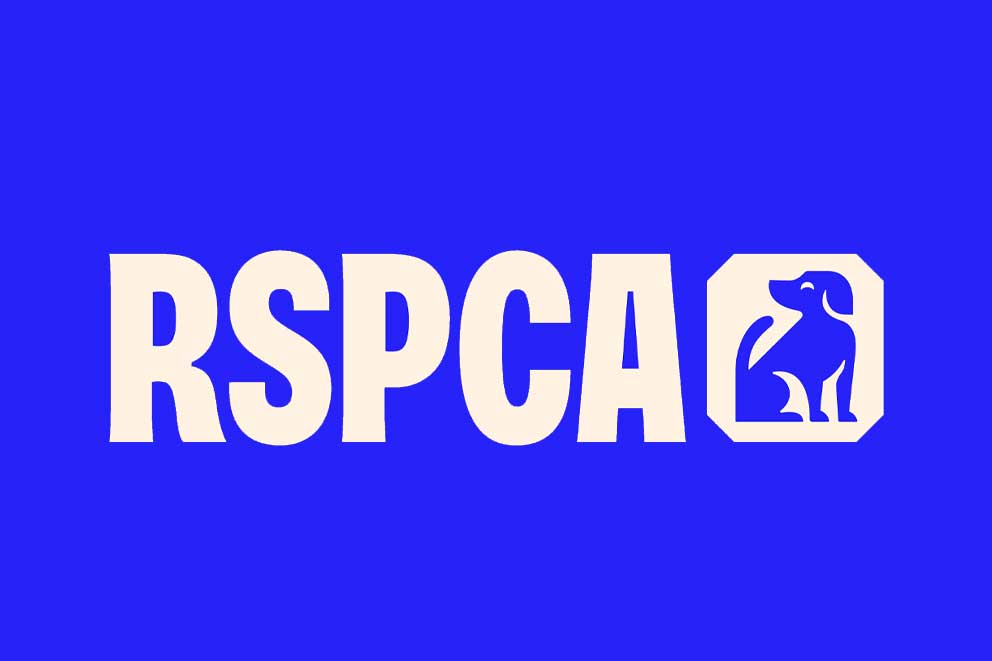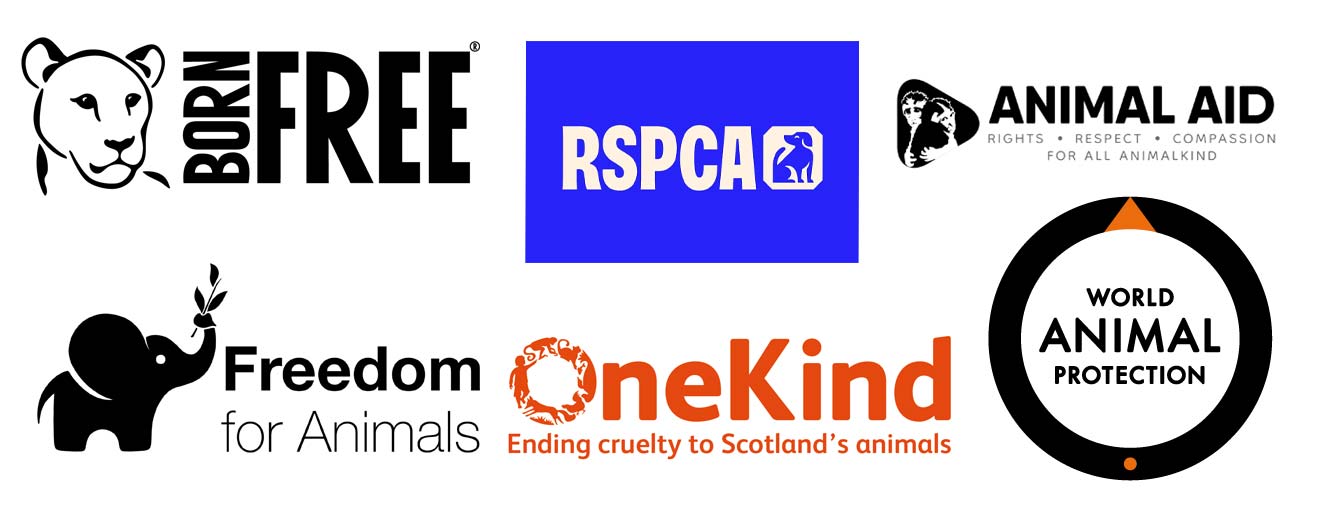Cafes are no place for wild animals like capybaras
Location:
Date:

We must strongly voice our significant concerns about this idea, focusing on two main areas: the safety of people and the well-being of the animals.
Capybaras are wild animals, designed to live in wild environments like the sub-tropical wetlands and savannas of South America. Unlike truly domesticated animals such as dogs or cats, capybaras haven't gone through thousands of years of changes that make them naturally suited to living in human environments. Even if capybaras are born and raised in captivity, and seem "tame", they still have the basic needs of their wild relatives.
The natural way capybaras live simply isn't compatible with a lively cafe setting. Capybaras are "crepuscular," meaning they are most active at dawn and dusk and rest during the day. Cafe opening hours would force them to be active when they naturally want to rest, which is stressful. Their natural home is warm and tropical, very different from the UK's cooler, often freezing winters. Providing suitable warmth year-round would be a constant challenge.
Like most wild animals, capybaras need quiet spaces and the ability to escape if they feel threatened or overwhelmed. Constant noise and human presence, without a safe place to hide (especially a large body of water), would cause them significant stress. An international animal welfare organisation, Wild Welfare, specifically advises that captive capybaras need "privacy from humans but opportunities to socialise with other capybara"—which is completely at odds with an interactive cafe. Capybaras are very social and live in stable family groups. Their well-being depends on these strong social bonds. Keeping a natural and healthy social group in a cafe, while constantly interacting with people, would be extremely difficult. Finally, as semi-aquatic animals, capybaras need constant access to a large, deep body of water to control their body temperature, play, and feel safe. They also need large grassy areas for grazing all day long. A cafe simply isn't designed to provide these vital needs adequately.
Even though capybaras might seem calm and friendly, they are wild animals. This means they naturally have ways to protect themselves. They have very sharp teeth that never stop growing, and if they feel trapped or attacked, they may bite. A busy cafe environment, with all its noises and new people, can be very stressful for these animals. This stress could easily make them feel they need to defend themselves, especially if they can't easily get away from people. Bites from the world's largest rodent can cause serious injuries.
Capybaras also carry many zoonotic diseases – illnesses that can spread from animals to humans. These include over 20 different types of bacteria, viruses, and parasites that can cause illness in both people and animals. While some of these pathogens are more common in capybaras' natural homes in South America, it's still worrying that capybaras can carry so many different infections, including new or undiscovered ones. We've even seen cases in Europe where captive capybaras were carriers of a deadly bacterial infection that, when passed to people, caused serious problems and even death, especially in children and those with weaker immune systems. The risk of spreading disease is heightened in any setting where capybaras are in close contact with visitors.
Any setting, such as a cafe, petting zoo, or retail/leisure centre, where capybaras are kept in an artificial environment raises serious animal welfare concerns, as capybaras are wild animals whose complex needs cannot be met in a commercial entertainment setting. Any venue in which the public has close contact with captive animals poses unacceptable risks to people's health and safety due to potential bites and the spread of serious diseases.
Many effective and ethical therapeutic experiences don't involve placing wild animals in unsuitable environments or risking public health. We therefore strongly urge the organisers to find an alternative to using animals.

Contact media and press
If you’re a journalist looking for interviews, quotes or images, get in touch with our media team. Or, if you’re after some quick facts and figures, we have you covered.



